
Andes, Latin America: Week in Review, Venezuela
Falling Oil Prices Raise Worries of Venezuela Default, Crisis
October 16, 2014 By Staff
Top Story — Analysts are worried about a new phase of economic chaos in Venezuela as falling oil prices continue to take their toll.
Insurance rates on the country’s debt shot up Wednesday to a new high, more than three times the size of the rate in late June, after a drop in oil prices raised worries the country may fail to pay off its obligations to foreign bondholders.
The spike in Venezuela’s bond insurance rates means it costs investors more to insure a bond purchase against the possibility of default. The increase came two days after the publication of a column by Harvard economists Kenneth Rogoff and Carmen Reinhart arguing that Venezuela is likely to default on its foreign debt.
The column, written in defense of a recent piece by two Venezuelan economists, notes that defaulting (which Venezuela has not done since 2004) might be a good thing for the country, because it would force the government to make painful but necessary economic reforms. The government has already consistently failed to make payments domestically, contributing to widespread shortages of basic necessities.
The head of Venezuela’s state-owned PDVSA oil producer on Wednesday said the 25 percent drop in oil prices since June to $85 a barrel was part of a “price war,” adding that Venezuela is preparing to appeal OPEC for action on falling prices. Lower prices are particularly damaging for Venezuela’s economy, which depends heavily on oil exports. If prices fall low enough, analysts worry Venezuela may be unable to pay off its foreign debt.
Those concerns contributed to the downgrade of Venezuela’s debt in September by rating agency Standard & Poor’s to a level signaling that the country had a fifty-fifty chance of defaulting in two years. That decision was partially influenced by the Venezuelan economists’ article arguing that default was likely.
PDVSA’s efforts to stave off a drop in prices may be futile; Reuters notes that oil powerhouse Saudi Arabia is signaling it will tolerate lower prices for the foreseeable future and that Venezuela’s ability to influence the Organization of Petroleum Exporting Countries has declined in recent years.
The economic hardship faced by Venezuela in recent years – low growth, inflation, shortages – has, along with spiraling crime and social unrest, prompted the country’s middle class to seek refuge elsewhere. The rate of departure to countries like the U.S., Mexico and Colombia has swelled in recent years, especially under President Nicolás Maduro, who took office in April 2013.
Headlines from the Western Hemisphere
North America
- Mexican university students have called a two-day strike in solidarity with the 43 missing students in Guerrero state.
- An Arizona appeals court struck down a 2006 law preventing illegal immigrants from posting bail if charged with a felony, arguing the law denies them the right to due process.
- U.S. authorities issued a humanitarian visa to Dario Guerrero to return to the United States, after the Associated Press reported on the Harvard student’s immigration quagmire. Granted a reprieve from deportation by the Obama administration two years ago, Guerrero, 21, crossed the border into Mexico with his dying mother without permission from the U.S. government and was consequentially barred from returning to the United States for months.
Caribbean
- New York Governor Andrew Cuomo will visit Puerto Rico and the Dominican Republic on Friday in a move some interpret as an attempt to court the Latino vote ahead of the November 4 gubernational election.
- In an blog post for The Nation, academic Greg Grandin critiques the U.S. response to Cuba’s “medical diplomacy,” questioning how the Obama administration will respond to Cuban doctors fighting Ebola in West Africa.
Central America
- The Guatemalan government reached an agreement with 33 indigenous communities to pay $155 million in restitution for the massacre and forced evictions resulting from the construction of a dam in 1978.
- The foreign minister of Guatemala and his Indian counterpart signed a partial trade agreement during a meeting in the Indian capital of New Delhi.
- Citigroup’s announcement that it will remove its global banking operations from 11 countries, including Costa Rica, incited a flurry of speculation and uncertainty in the Central American country’s financial markets.
Andes
- Venezuelan President Nicolás Maduro has insisted that Colombian paramilitary groups played a part in the murder of leftist congressman Robert Serra, though The Economist has questioned this assertion.
- Panama on Wednesday issued a seven-day deadline for the Colombian government to remove it from a list of tax havens. Colombia recently made that designation in order to cut down on tax evasion.
- Peru’s glaciers have shrunk 40 percent in the last four decades as a result of climate change, according to the Peruvian government.
Southern Cone
- Polls continue to show Brazilian presidential hopeful Aecio Neves in a
statistical tie with incumbent Dilma Rousseff ahead of October 26 elections. - Inmates at a prison in Brazil’s Paraná state on Wednesday released ten guards taken hostage during a riot two days before, the latest example of an often-deadly phenomenon blamed on overcrowding and brutal conditions.
- In an effort to prevent deforestation in the Amazon, activists in Brazil are using GPS to track illegal loggers.
Image: Youtube
Subscribe to Today in Latin America by Email
< Previous Article

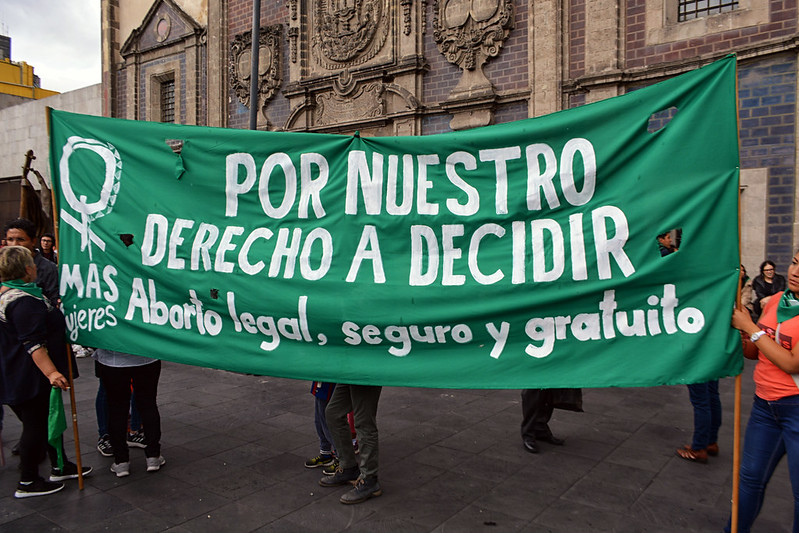
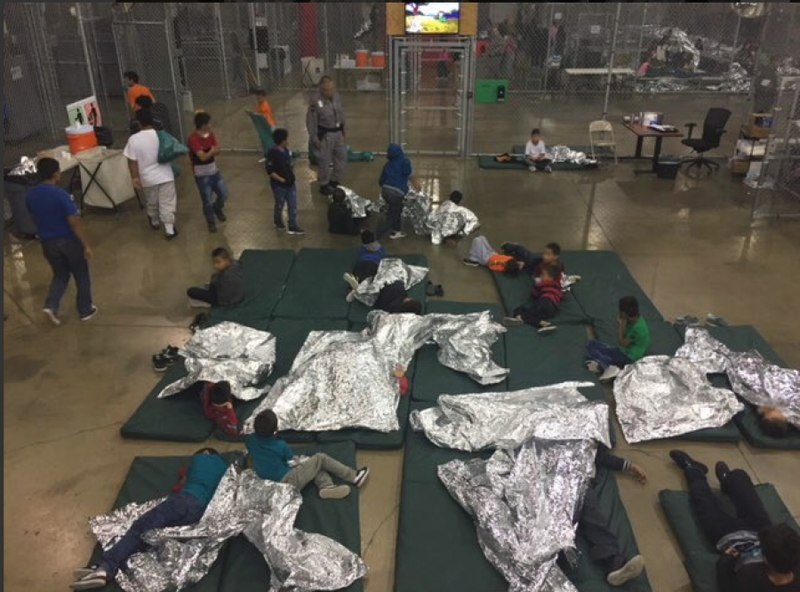
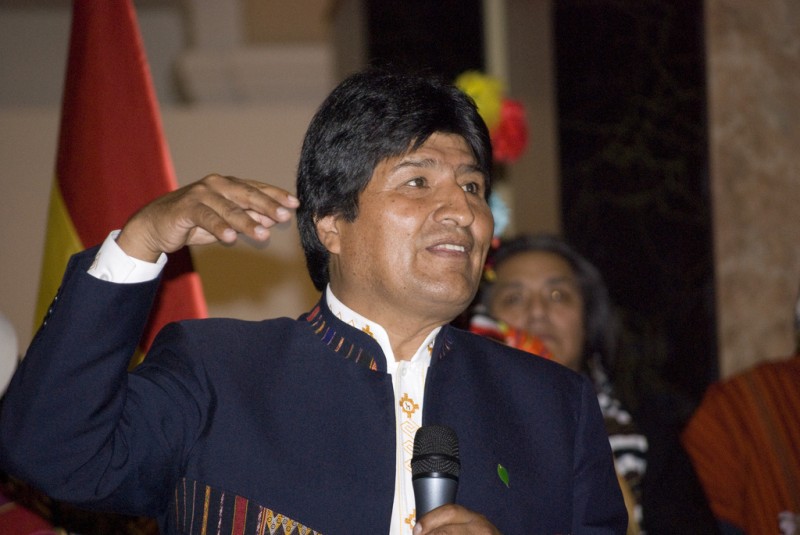
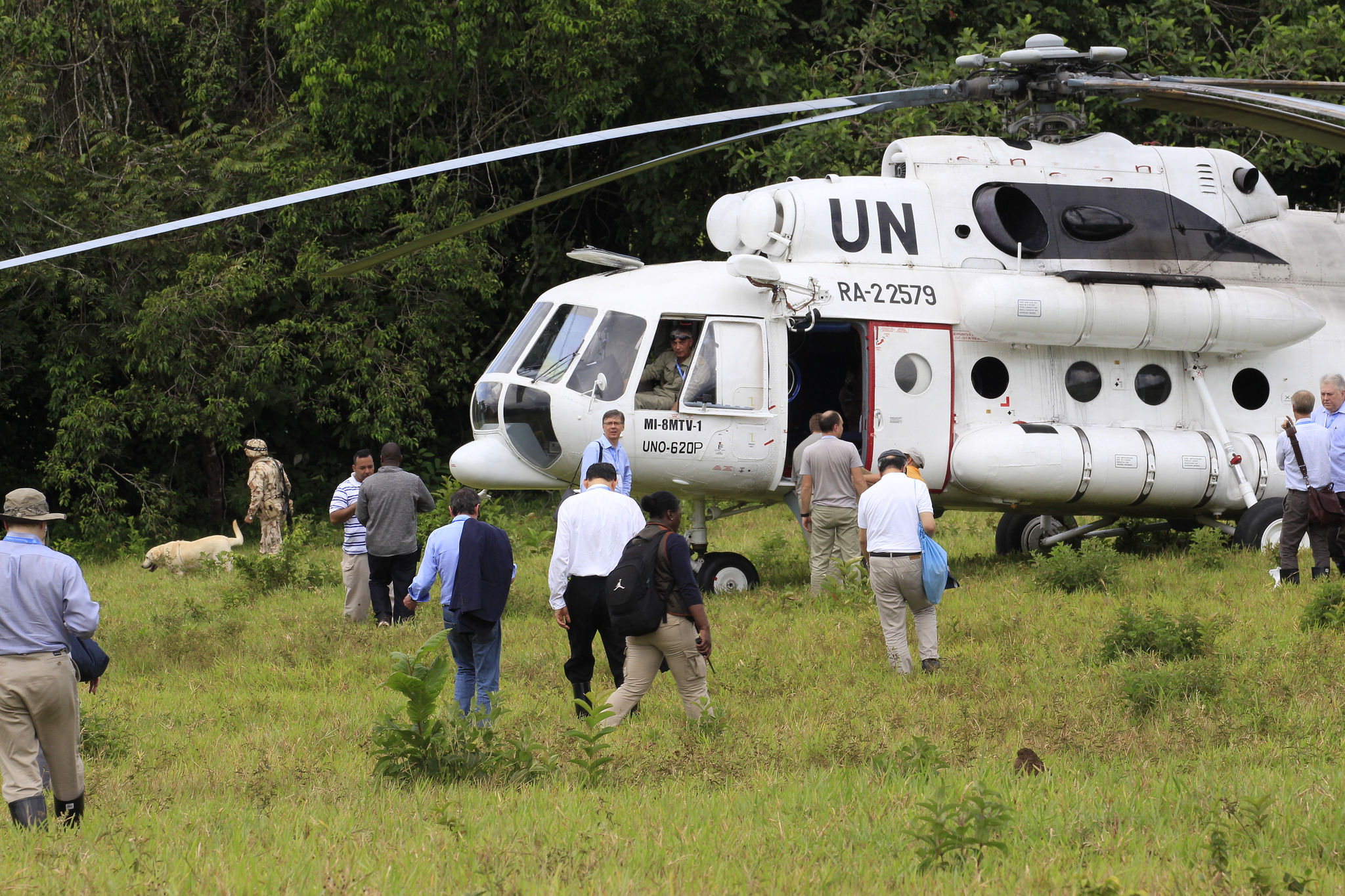
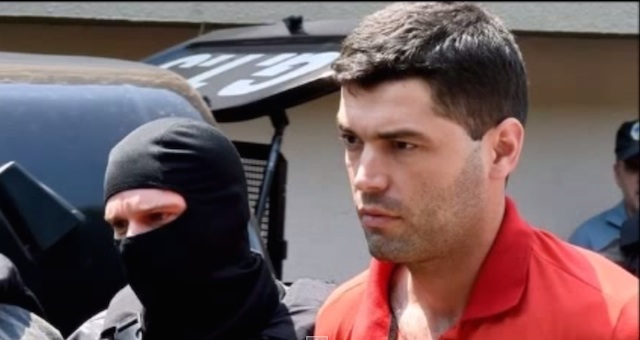
1 Comment
[…] This continues a decline in the president’s popularity largely due to the country’s continuing economic crisis and high levels of […]
Comments are closed.